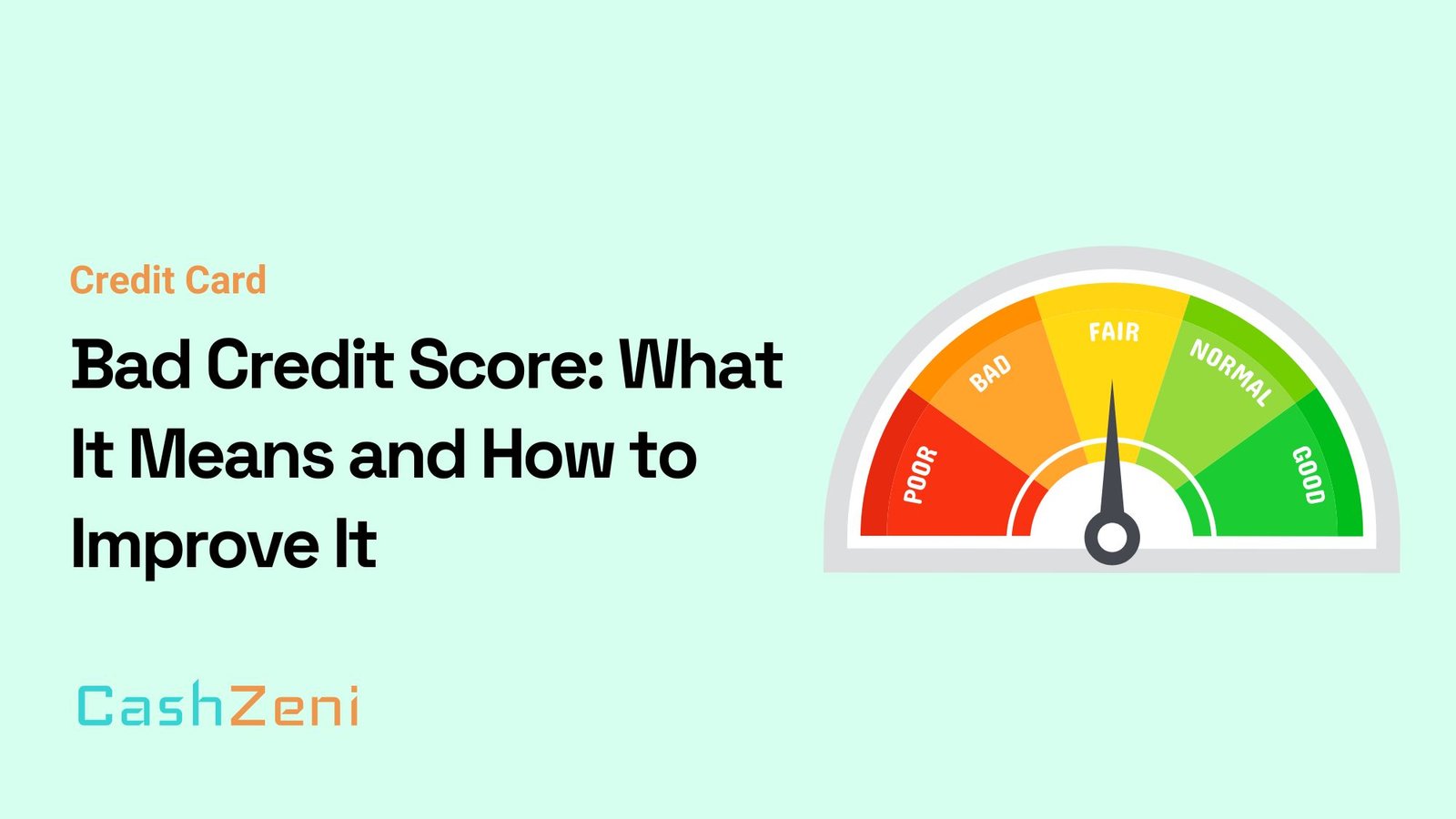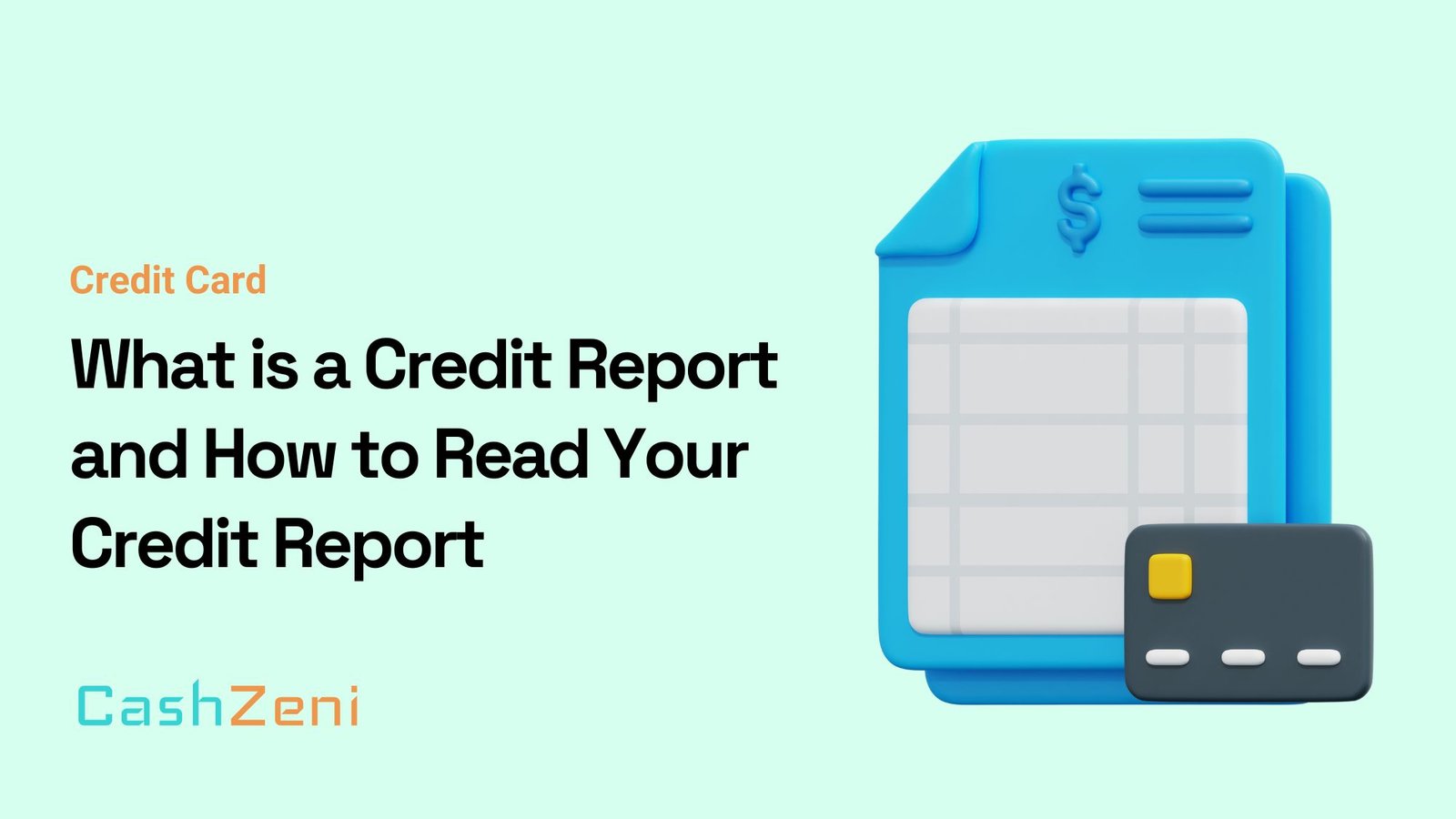In an era where financial transactions have become more complex than ever, understanding the mechanisms that influence your financial health is crucial. One such mechanism, often shrouded in mystery, is the Credit Bureau. So, what is a credit bureau, and why should you care about it? In this comprehensive guide, we’ll delve deep into the subject, demystifying the roles, functionalities, and impact of credit bureaus on your financial life. Whether you’re looking to secure a loan, buy a house, or even get a new job, your interaction with credit bureaus is inevitable.
Table of Contents
What Is a Credit Bureau?
A credit bureau is a financial institution that collects and maintains individual credit information and sells it to lenders, creditors, and consumers in the form of a credit report. These reports play a pivotal role in the decision-making process for lenders who are evaluating whether or not to extend credit to a consumer. But it doesn’t stop there. Credit bureaus also supply this data to other service providers like insurance companies and potential employers.
Definition and Functionality
At its core, a credit bureau serves as a vast database that consolidates your financial history, turning it into a credit report and, ultimately, a credit score. This data amalgamation includes various facets of your financial journey: from your repayment history and existing loans to the type of credit accounts you hold, among other details.
Credit bureaus collect this information from a variety of sources, including banks, credit card companies, mortgage lenders, and even certain utility service providers. Once they acquire this data, it’s analyzed using complex algorithms to generate a credit score, which serves as a numerical representation of your ‘creditworthiness’.
Role in Financial Systems
Credit bureaus hold a significant position in any financial ecosystem. They act as a bridge between lenders and borrowers, reducing information asymmetry and facilitating more informed lending decisions. In other words, the better your credit score, the more likely you are to be approved for loans or credit cards on favorable terms.
Importance of Credit Bureaus in Financial Decision Making
Understanding the importance of credit bureaus isn’t just for securing loans; it’s a crucial component of overall financial literacy. Your credit score influences various aspects of your life, beyond just your ability to borrow money. For instance, a poor credit score could hinder your ability to rent an apartment, secure low insurance premiums, or even affect your job prospects.
In a data-driven era, your financial behavior creates a digital footprint, leaving a lasting impact on your life opportunities. A better understanding of how credit bureaus work can offer you not just better interest rates but also a broader array of financial and life opportunities.
That’s a brief overview of what a credit bureau is, its definition and functionality, role in the financial systems, and its importance in financial decision-making. Understanding your credit score can be the first step in mastering the larger financial landscape.
List of Credit Bureaus in India
While the first credit bureau in the world was founded in the late 19th century, in India, it was only in the year 2000 that the first credit bureau was established under the auspices of the Reserve Bank of India. (RBI) Eventually, other global credit bureaus made their way to India. They were granted recognition by the Securities and Exchange Board of India (SEBI), the Government of India’s regulator of the securities market in India. Today, six recognized credit bureaus are operating in India, which are as follows:
CIBIL
The TransUnion Credit Information Bureau (India) Limited, more commonly known as CIBIL, is the most widely recognized credit bureau in India. Founded in 2000, CIBIL is said to maintain the credit history of over 600 million Indians as well as 32 million business organizations. CIBIL was the first credit information bureau in India to be founded by the Reserve Bank and India and later partnered with the Chicago-based TransUnion International Inc.
TransUnion CIBIL provides comprehensive reports based on the credit statements of an individual as well as commercial borrowers to its recognized partners. Individuals may obtain market insights, a credit score (known as the CIBIL TransUnion Score), credit information, and other reports. In contrast, companies can obtain portfolio reports, company credit information, CIBIL Bureau analyzer reports, and others. Credit reports processed by CIBIL take approximately seven days.
Experian
Another SEBI-recognized credit bureau, Experian, was established in 2006 and obtained a functional license to operate in India in 2010. The Experian reports are compiled for individuals as well as for companies. Individuals can access credit information reports which detail the credit history of the applicant.
Businesses and companies can get access to customer acquisition reports, collection and money recovery reports, customer targeting and engagement reports, as well as other data and analytics. Experian’s credit scores range from 300 to 900, with 900 being the highest and most ideal for any individual. While the cost of obtaining an Experian report is not very high, it takes almost 20 days for the report to be processed.
Equifax
One of the three largest credit bureaus in the world, Equifax, was initially established in 1899 as a retail credit company. It was only in 2010 that it obtained a fully functional license to operate as a credit bureau. For individuals, Equifax offers credit scores, risk scores, portfolio scores, and others, with ratings from 1 to 999, where 999 is the highest.
Again, for companies and businesses, credit fraud reports, portfolio management, risk management reports, industry diagnosis, and other reports may be obtained.
CRISIL
Formerly known as the Credit Rating Services of India Limited, CRISIL was founded in 1987 and, as of today, is one of the leading global analytical companies providing detailed credit reports for companies.
With Standards & Poors as one of its stakeholders, CRISIL provides ratings for companies and businesses, conducting detailed market research using several analytic factors and then provides policy and risk advisory services to clients.
Aside from India, CRISIL also operates in many other countries such as China, UK, the USA, Poland, Hong Kong, Singapore, and Argentina.
ICRA
The Information and Credit Rating Agency or ICRA was established in 1991 and operated as a publicly listed credit bureau. It provides credit ratings, corporate governance ratings, and performance ratings to mutual funds, construction companies, hospitals, etc.
CRIF High Mark
The only comprehensive credit bureau approved to operate in India by the Reserve Bank of India, CRIF High Mark, was established in 2007 and obtained the license to operate in 2010. It covers individuals, medium and small enterprises (MSMEs), commercial borrowers, microfinance borrowers, and others.
The scores issued by CRIF High Mark range from 300 to 850 with a score of 720 and above is the highest and 640 and below is poor. Individuals can obtain credit reports and portfolio management reports while companies can get the PERFORM score, credit report, and so on.
Currently, only four of the six credit bureaus in India provide credit reports for individuals, and these are CIBIL, Experian, Equifax, and CRIF High Mark. All of these are recognized by the Reserve Bank of India and provide comprehensive reports for individuals seeking an account of their credit history and credit scores.
Understanding the advantages and disadvantages of different credit cards can help you get a clearer picture of how credit bureaus evaluate your creditworthiness.
Difference Between Credit Bureaus and Credit Rating Agencies
Contrary to popular belief, credit bureaus and credit rating agencies are not the same. Credit rating agencies are mainly for investors seeking to assess the risk factor involved in investing in or lending to a company or organization. On the other hand, credit bureaus are for collecting information on individuals and disseminating this information in the form of a credit report to lenders based on which the latter determine the creditworthiness of the individual and whether to extend credit to them.
Additionally, credit rating agencies award their ratings in terms of letters such as AAA or CCC, with the former being the highest and the latter being the lowest. Credit bureaus offer credit ratings in the form of numerical scores, also understood as credit reports, and these may range from anywhere between 300 to 850.
Similarities Between all the Credit Bureaus in India
The RBI grants licenses to all the credit bureaus operating in the country. Lenders, including banks and non-banking finance companies, share your credit information with each of these bureaus without any distinction. Each credit bureau employs its own unique algorithm for calculating credit scores, yet all credit scores provided by these credit score companies in India are considered valid. While the specific algorithms may differ, the five key components used to determine credit scores remain consistent across bureaus. These components include repayment history, credit type, credit age, credit exposure, and credit inquiries. It should be noted that credit scores from different bureaus may vary slightly, but they are still recognized as valid. It is common for banks and NBFCs to observe a marginal difference of around 50-60 points in credit scores between credit score companies in India.
Advantages of the Consumer Credit Database
A Consumer Credit Database is a centralized repository of credit-related information on individuals, typically maintained by credit score companies in India or similar entities. The database promotes fair and responsible lending practices, enhances access to credit, and facilitates better risk management in the financial system.
The establishment of a Consumer Credit Database offers several benefits. Here are some of the key advantages:
- Enhanced Credit Access: The Consumer Credit Database enables lenders to assess an individual’s creditworthiness more accurately. It provides a comprehensive view of an individual’s credit history, including their repayment behavior and outstanding debts. This allows lenders to make informed decisions regarding loan approvals, leading to increased access to credit for individuals with good credit histories.
- Fair Assessment: The credit database promotes fairness and transparency in the lending process. It provides a standardized and objective system for evaluating creditworthiness based on historical data. This helps to minimize bias and discrimination in lending decisions, ensuring that individuals are assessed solely on their creditworthiness rather than personal factors.
- Improved Risk Management: Lenders can mitigate risks associated with lending by utilizing the Consumer Credit Database. It allows them to assess the borrower’s creditworthiness and evaluate the likelihood of default accurately. This enables lenders to make more informed decisions about interest rates, loan terms, and credit limits, minimizing potential losses due to defaults.
- Reduced Interest Rates: With access to reliable credit information, lenders can better evaluate the credit risk of borrowers. This leads to more accurate pricing of loans based on individual risk profiles.
- Fraud Detection: The credit database helps in detecting and preventing fraud in the lending industry. It allows lenders to identify instances of identity theft, multiple loan applications, or attempts to borrow beyond one’s repayment capacity. By cross-referencing borrower information, lenders can ensure the accuracy and authenticity of loan applications, reducing the risk of fraudulent activity.
- Personal Financial Management: Individuals can benefit from the credit database by gaining insights into their own credit history and creditworthiness. It allows them to monitor their credit scores, identify scope for improvement, and take appropriate actions to build a positive credit profile. This enables consumers to make informed financial decisions, manage their debts effectively, and work towards improving their overall financial health.
- Strengthened Financial System: The establishment of a comprehensive credit database contributes to the overall stability and efficiency of the financial system. It facilitates the growth of responsible lending practices, reduces systemic risks, and promotes financial inclusion by extending credit access to a wider population. A strong credit reporting system contributes to a healthier and more robust economy.
The Credit Check Application Process
Steps to Apply
Obtaining your credit report from any bureau in India is a straightforward process:
- Online Application: Visit the official website of the credit bureau.
- Document Submission: Upload identity and address proofs.
- Payment: Some bureaus charge a nominal fee for the report.
- Receive Report: Typically, you’ll receive your report via email within 24-48 hours.
Why Check Your Credit Report?
Regularly checking your credit report allows you to identify any discrepancies and report them before they can adversely affect your score. With digital transformations in the lending sector, you can check your credit report frequently through various credit check apps.
Common Misconceptions About Credit Bureaus
Myth 1: Checking Your Credit Hurts Your Score
Many people believe that checking your credit score will reduce it. This is a myth. What does affect your score is when lenders check your credit, known as a ‘hard inquiry’.
Myth 2: Credit Bureaus Only Store Negative Information
Another misconception is that credit bureaus only collect negative financial behavior. In reality, they collect both positive and negative financial information to provide a comprehensive overview.
Myth 3: A Bad Credit Score is Forever
Credit scores are dynamic and can change based on your financial behavior. Positive financial behavior can improve your score, even if it has been low in the past.
For more details on how to improve your score, you can read our guide on how to monitor your credit score.
Frequently Asked Questions (FAQs)
How quickly can I improve my credit score?
Improving your credit score is generally a long-term commitment that involves various factors like payment history, credit utilization, and account mix. However, small and consistent positive actions can result in visible changes within a few months. It’s crucial to understand that the time needed for improvement is relative to the existing credit situation.
Does checking my own credit score affect it?
No, checking your own credit score doesn’t affect it. This is known as a ‘soft inquiry,’ which has no impact on your credit score. It’s advisable to monitor your credit score regularly to ensure it’s accurate and to catch any signs of identity theft early. Find out more about why monitoring your credit score matters.
What is considered a poor credit score?
Credit scores can range from 300 to 900, depending on the credit bureau. Generally, a score below 600 is considered poor and may make it difficult to qualify for loans and credit cards. However, different lenders have different criteria. Understanding what constitutes a credit score can provide deeper insights into where you stand.
Can I improve my credit score in a month?
While improving a credit score significantly takes time, some actions can have a quicker impact. These include correcting any inaccuracies on your credit report, paying off outstanding balances, or becoming an authorized user on a responsible payer’s account. Still, don’t expect a drastic change in just one month. For rapid improvements, consult our EMI calculator to plan repayments better.
How do lenders view my credit score?
Lenders use your credit score as a measure of your creditworthiness. A high score indicates reliability and may make you eligible for loans with lower interest rates and better terms. Conversely, a lower score is a red flag and may either lead to loan rejection or higher interest rates. To understand how different types of credit affect your score, read about credit card advantages and disadvantages.



